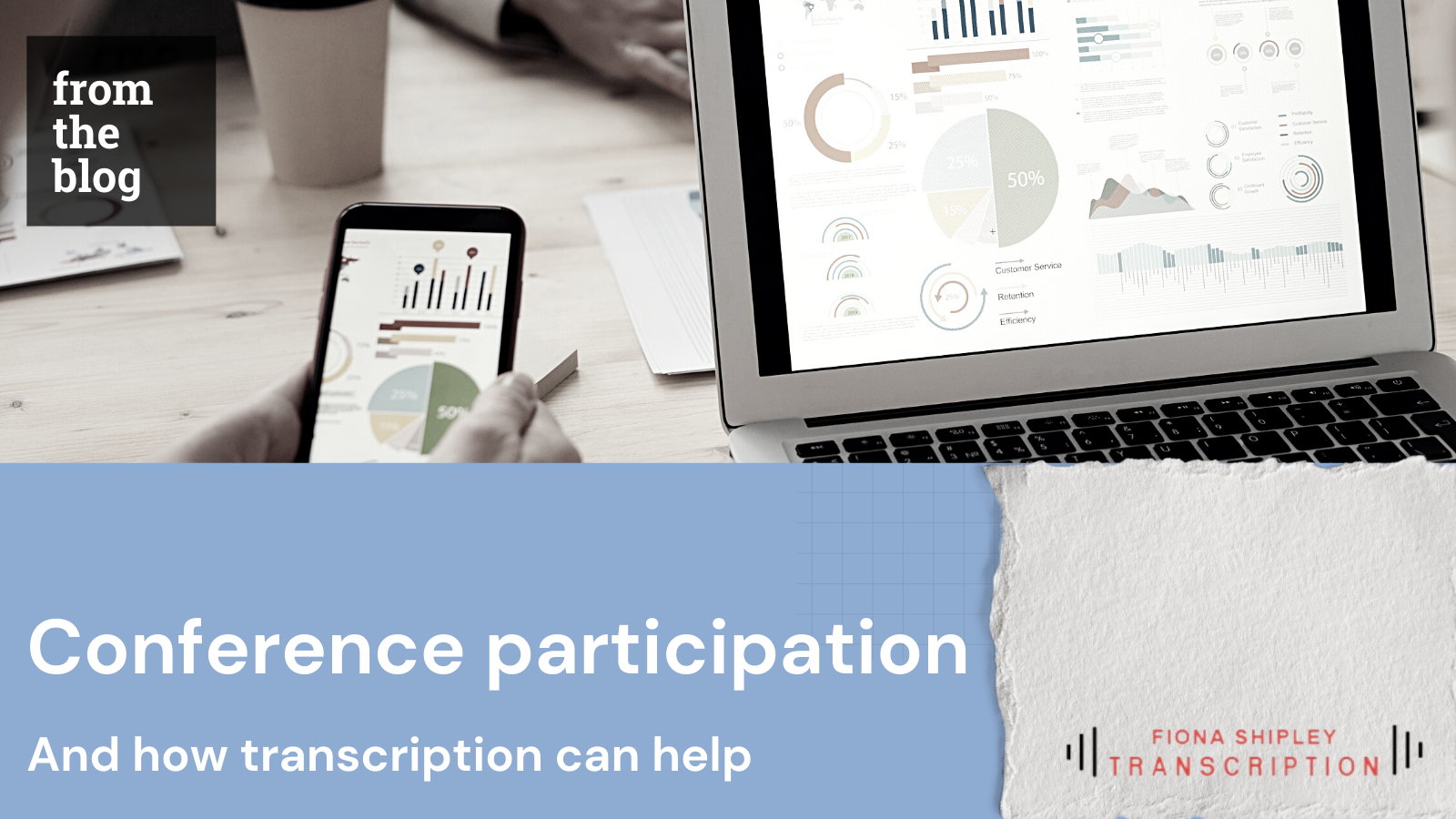We came across this article recently about how the pandemic has made physics more accessible in terms of conference participation and it certainly provides room for thought…
It touches on how the pandemic, and in particular the move to virtual events, has enabled a much greater possibility for participation for those who historically found attending these types of conferences in person very difficult. The author of the article, an eminent scientist on the LUX-ZEPLIN dark matter experiment who has a diagnosis of skeletal dysplasia, found that the mobility issues that prevented her from attending scientific events were no longer a barrier in the pandemic world.
But it’s not all good news…
This is clearly a step in the right direction. The fact that inclusivity has increased must be seen as a positive consequence of the last 18 months. Indeed the point is raised that without making every effort to be fully inclusive, the scientific community cannot be sure that it is “doing its best science” – and it’s unlikely that it’s just the scientific community alone that’s affected in this way.
Balance is key
All or nothing isn’t the way forward. Fully virtual or fully in-person will likely leave a proportion of people feeling dissatisfied. Most of us are experiencing a degree of fatigue with our online working worlds but returning to 100% in-person events will be a backward step for the inclusivity of less able-bodied attendees.
Finding a hybrid format that can bring the same level of engagement and interaction regardless of whether an attendee is on or off site is what event organisers should now offer to take conferences and larger scale events firmly into the 21st century.
Transcription also has a role to play in conference participation
We believe that transcription, and in particular human transcription, has an integral part to play in this plan for the future. Transcription is another excellent tool for making these types of events more accessible.
There was one paragraph in the article that was of particular interest to us:
While less expensive than human caption-writers, AI-based transcription services tend to have difficulty transcribing scientific terms.
And it’s something that our clients come across time and time again – the difference in quality between AI and human transcription, especially within complex and specific areas such as the medical or scientific fields. We’re often told that AI falls short: the ability for humans to be able to decipher correct meaning and understand specific terms is unrivalled, certainly in as far as the abilities of AI stand at the moment.
If you’d like to know more about how transcription services can support your next conference or event, please contact alex@fionashipley.com.

